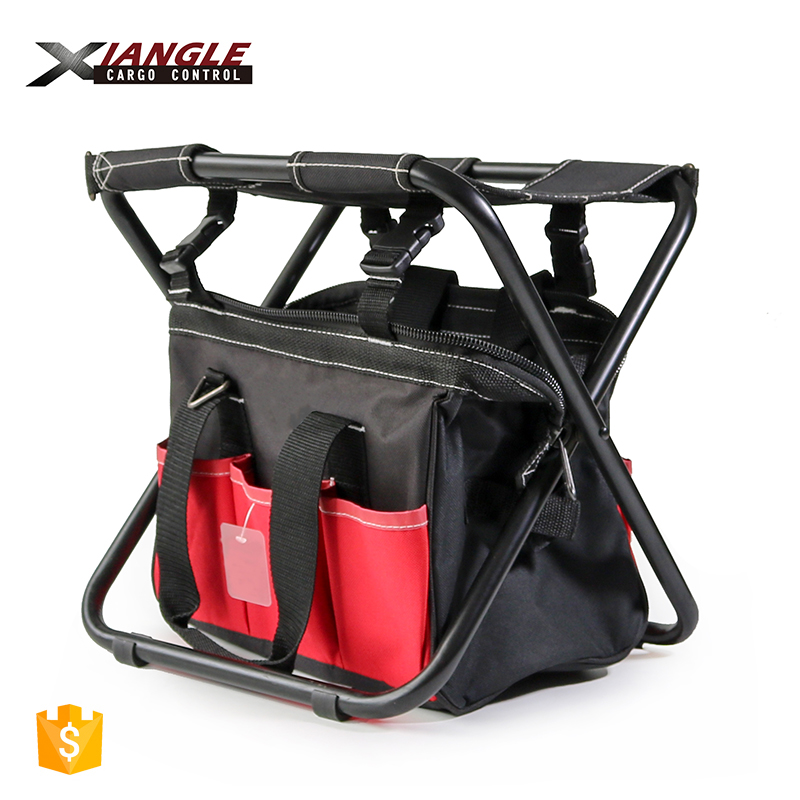The machinery and hardware mold market has undergone a significant transformation in recent years, shifting from a disorganized and expansive operational model to a more structured system that emphasizes trading functions. Today, the market is evolving into a new organizational structure and business model that integrates multiple innovative elements. As a result, pursuing transformation, enhancing service quality, and building strong brand identities have become key goals for many specialized mechanical hardware mold markets.
As a producer service industry, the machinery and hardware mold professional market offers comprehensive services to enterprises, addressing non-core business needs and achieving scale, efficiency, and informatization in product operations. By fully leveraging its multi-service capabilities, the market is transitioning from a specialized focus to a more integrated and diversified platform.
One of the most notable changes is in the innovation of trading methods and market forms. E-commerce has revolutionized the traditional tangible market by making transactions more digital and networked, while also enabling virtualization and diversification of market conditions. For example, Jin Jitong, the first mobile Internet e-commerce platform in the domestic hardware and machinery mold industry, allows buyers and sellers to move away from traditional on-site transactions. Instead, they can engage in contactless remote transactions using electronic catalogs, advertisements, contracts, settlements, customs declarations, shipping, and taxation. This shift transforms spot transactions into warehouse receipt or forward transactions, ultimately leading to a more virtualized market environment.
In terms of display function innovation, traditional markets rely on physical store displays and exhibitions. However, these are often limited by time and space constraints, which restrict the market's ability to effectively promote its products. In response, Jinming International Machinery Mold City has introduced a machine 4S shop display center, utilizing advanced machinery display techniques to enhance customer experience and build a more complete service platform. This innovative approach significantly improves the market’s visual appeal and engagement.
E-commerce also brings cost-saving benefits compared to traditional markets. It reduces expenses such as lighting, water supply, heating, and maintenance costs, as well as annual sales negotiations. By overcoming time and space limitations, e-commerce platforms can quickly gather a large number of trading entities and diverse information, attracting international buyers. Through online virtual displays, the intangible market can expand infinitely, increasing the visibility and transparency of product information in the physical market.
Another important innovation lies in logistics. Modern logistics features systematic management, rationalized transportation, automated storage, standardized packaging, mechanized loading and unloading, integrated distribution, and information networking. Under this new model, traditional shipping agencies are being integrated into modern logistics centers. Operators only need to deliver goods to the logistics center, where they are sorted and distributed according to routes under unified management. This process helps reduce circulation time, support modern trade, and lower inventory and logistics costs.
Finally, supply chain technology is also undergoing a transformation. Leveraging the computing power of computers and the instant communication capabilities of the internet, market sponsors or e-commerce platforms can automatically match buyers and sellers, process transaction requests, and integrate large volumes of supply and demand information. This enables small orders to be grouped into larger ones, maximizing the scale effect of transactions. As a result, complex "one-to-many" or "many-to-many" transactions in traditional markets are evolving into simple "one-to-one" interactions. Both buyers and sellers can upload their supply and demand information directly onto e-commerce platforms, greatly reducing market risks and transaction costs.
Chair Tool Bag
Chair tool bag is a type of tool bag that is designed to attach to the back or under of a chair, providing a convenient and easily accessible storage space for tools and accessories. These bags are commonly used by professionals in fields such as carpentry, plumbing, electrical work, and other trades where tools need to be kept close at hand.
Chair tool bags are typically made from durable materials such as nylon, canvas, or leather, and feature multiple pockets and compartments for organizing and storing tools of various sizes. They may have adjustable straps or hooks that allow them to be easily attached to the back of a chair, or they may be designed to slip over the top of the chair back like a sleeve.
The benefits of a chair tool bag include easy access to tools without having to constantly bend down to pick them up from a tool box or bag on the ground, as well as keeping tools off the ground and away from potential hazards. Additionally, chair tool bags can help to reduce the risk of back pain and strain that can result from constantly bending over to retrieve tools from the ground.

Chair Tool Bag,Folding Chair Tool Bag,Folding Tool Bag With Chair,Portable Tool Chair Bag
ZHANGJIAGANG CITY XIANGLE TOOL CO., LTD. , https://www.xiangletoolbag.com
